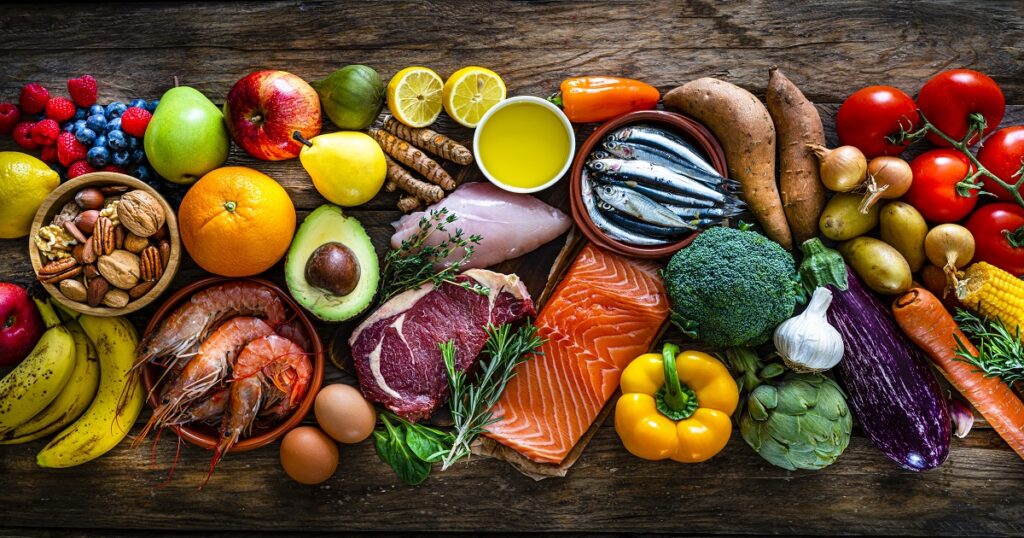Nutrition is a key component in Immune Support. Our immune system functions as our body’s defence force, fighting and removing disease-causing germs. It recognises and neutralises harmful substances from the environment and combats disease-causing changes within the body, such as cancer.
When our immune system does not recognise external microorganisms (antigens), it activates once these antigens attach to the immune system cells. Our general immune system uses phagocytes (eating cells) to remove harmful substances from our body. (InformedHealth.org, 2023)
For example, when our skin gets infected, immune cells activate locally or start moving to the inflamed sites. Some cells can widen our blood vessels, causing the area to swell and become red and warm. This allows more immune cells to help fight the infection.
After fighting a germ that may make us unwell, our cells will record information about the fight so the body can protect itself faster the next time it encounters the same germ. The immune system makes antibodies that neutralise germs and activate other immune cells.
Essential Nutrients for Our Immune System
It is a myth that any food can magically cure your health. Certain micronutrients do support our immune system: Vitamin A, Vitamin C, Vitamin D, Zinc, selenium, and Iron, etc. They can be found in meat, dairy, fortified plant alternatives, wholegrain products, fruit and vegetables, nuts, and seeds.
Vitamin C
promotes antibody production and promotes the production of lymphocytes. It also helps us heal wounds and control inflammation.
Zinc
benefits our immune system by increasing the number of lymphocytes (white blood cells from the lymphatic system), which also helps control inflammation and support skin integrity, as well as the mucous membrane.
Selenium
is involved in thyroid metabolism, the cardiovascular system, and the immune system. With its redox signalling activities, selenium regulates the production of inflammatory mediators and phagocytes’ (eating cells) activity.



